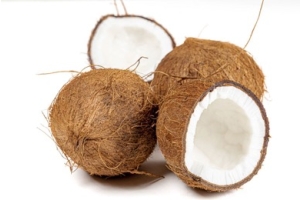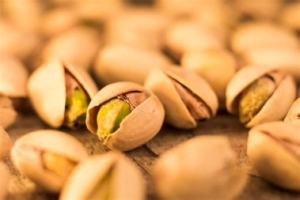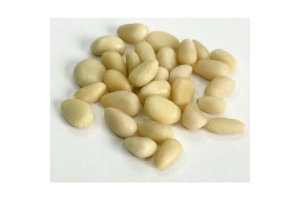Non GMO - Pea Protein & Muscle Retention
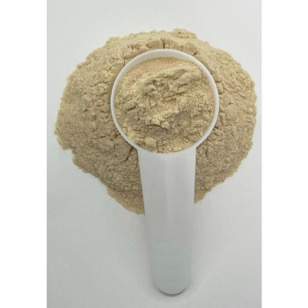
Non GMO - Pea Protein & Muscle Retention
In recent years, pea protein has emerged as a valuable dietary component, garnering attention for its potential benefits in various aspects of health and fitness. One area where it has been of particular interest is muscle retention. In this comprehensive exploration, we will delve into the role of pea protein in preserving muscle mass and uncover the broader health advantages it offers.
The Role of Pea Protein in Muscle Mass Preservation
Pea protein, derived from yellow peas, is a plant-based source of protein that has gained popularity, especially among individuals seeking alternatives to animal-based proteins. Its significance in muscle retention lies in its amino acid profile, which includes an adequate amount of essential amino acids like leucine, isoleucine, and valine. These amino acids are crucial for muscle protein synthesis—the process by which the body repairs and builds muscle tissue.
When we engage in physical activity, especially resistance training or strength exercises, our muscles experience microscopic damage. This damage triggers the body's repair mechanism, leading to muscle growth and adaptation. Amino acids, often referred to as the building blocks of protein, play a pivotal role in this process. Pea protein, with its balanced amino acid composition, provides the necessary substrates for muscle repair and growth, making it a suitable choice for individuals looking to retain and build muscle mass.
Understanding the Health Benefits
Beyond its role in muscle retention, pea protein offers various health benefits. It is naturally free from common allergens like dairy and gluten, making it a suitable option for individuals with dietary restrictions or sensitivities. Moreover, pea protein is often hypoallergenic, which means it is less likely to cause allergic reactions.
Pea protein is also recognized for its low fat content, making it a lean source of protein. This characteristic makes it appealing to those looking to manage their weight or reduce their saturated fat intake. Additionally, pea protein is an excellent source of dietary fiber, which can aid in digestion and promote feelings of fullness, contributing to overall satiety.
Comparative Analysis
To better understand the significance of pea protein in muscle retention, it's essential to compare it to other protein sources. While animal-based proteins like whey and casein have long been the gold standard in the fitness world due to their high biological value, pea protein stands out as an excellent plant-based alternative.
Pea protein's amino acid profile is closer to that of whey protein than other plant-based options like rice or hemp protein. However, it's essential to note that whey protein contains slightly higher levels of leucine, a key amino acid in muscle protein synthesis. Despite this difference, research has shown that pea protein can still effectively stimulate muscle protein synthesis, making it a viable choice for muscle retention.
Suitability for Various Dietary Preferences
Pea protein's versatility extends to various dietary preferences, making it accessible to a broad audience. It aligns well with vegetarian and vegan diets, providing a valuable source of high-quality protein that may otherwise be lacking. For individuals looking to reduce their meat consumption or eliminate animal products from their diets, pea protein offers a convenient and nutritious alternative.
Moreover, pea protein's neutral flavor profile and ease of digestibility make it a versatile ingredient in various culinary applications. It can be incorporated into smoothies, baked goods, soups, and other dishes without significantly altering the taste or texture.
Evidence from Recent Research
The effectiveness of pea protein in muscle retention has been the subject of numerous scientific studies. Recent research has provided valuable insights into its potential benefits. For example, a study published in the Journal of the International Society of Sports Nutrition found that pea protein supplementation in combination with resistance training led to significant gains in muscle thickness and strength among participants.
Another study published in the Nutrients journal investigated the effects of pea protein on appetite and muscle protein synthesis in comparison to whey protein. The results indicated that pea protein could stimulate muscle protein synthesis to a similar extent as whey protein, while also promoting feelings of fullness and satiety.
Conclusion
In conclusion, pea protein offers a compelling solution for those interested in preserving and building muscle mass. Its balanced amino acid profile supports muscle protein synthesis, making it a suitable choice for individuals engaged in resistance training or looking to maintain muscle as they age. Beyond its role in muscle retention, pea protein boasts additional health benefits, including allergen-friendliness, low fat content, and dietary fiber content.
When compared to other protein sources, pea protein stands out as a viable alternative, particularly for those following vegetarian or vegan diets. The body of scientific evidence continues to grow, affirming the effectiveness of pea protein in stimulating muscle protein synthesis. As individuals increasingly seek nutritious and sustainable dietary choices, pea protein emerges as a versatile and valuable option for enhancing muscle retention and overall well-being.
This comprehensive exploration of pea protein's impact on muscle retention provides insights into its potential benefits and its place in a diverse range of dietary preferences and fitness goals.




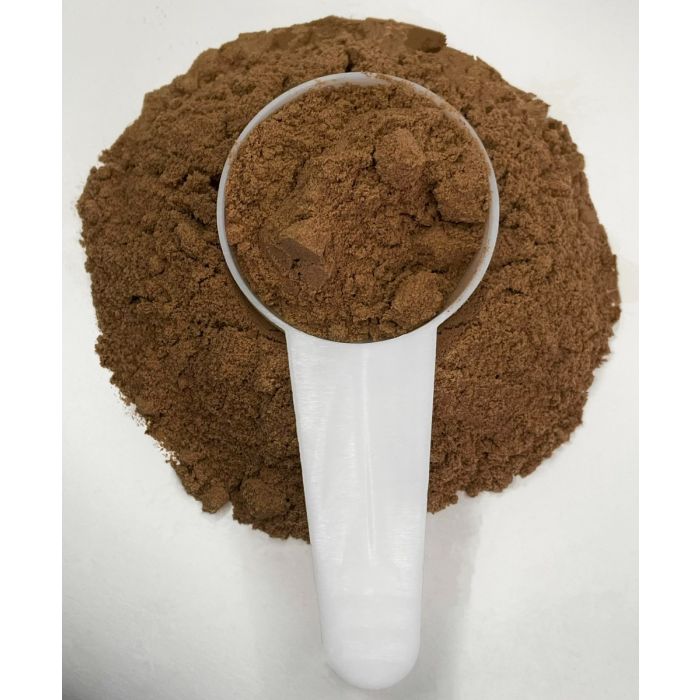
 Over 500 health and wellness products
Over 500 health and wellness products Everyday savings and weekly promotions
Everyday savings and weekly promotions The best natural and organic produce from around the world
The best natural and organic produce from around the world Committed to you - over 10 years of trusted service
Committed to you - over 10 years of trusted service